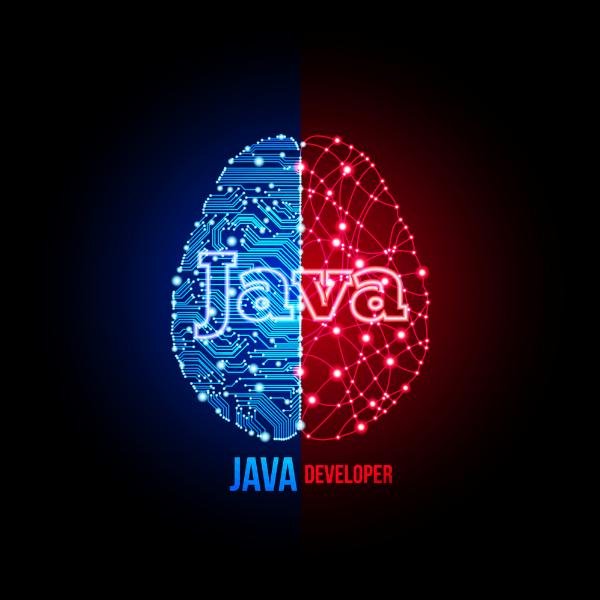Java: The Versatile Backbone of Modern Software Development

Strong 8k brings an ultra-HD IPTV experience to your living room and your pocket.
Java is a versatile and powerful programming language renowned for its portability, reliability, and extensive use across various domains, from web development to mobile applications and enterprise systems. Developed by James Gosling and his team at Sun Microsystems in the mid-1990s, Java was designed to be platform-independent, allowing developers to write code once and run it on any device or platform that supports Java without the need for recompilation. This feature, coupled with its simplicity, scalability, and security, has made Java one of the most popular programming languages in the world.
Visit - Java Classes in Pune
One of the key features that distinguish Java is its "write once, run anywhere" (WORA) philosophy, achieved through the Java Virtual Machine (JVM). The JVM acts as an abstraction layer between the Java code and the underlying hardware, translating Java bytecode into machine code that can be executed on different platforms. This abstraction shields developers from the complexities of specific hardware architectures, making Java applications highly portable and enabling seamless deployment across diverse environments.
Java's portability has played a pivotal role in its widespread adoption, particularly in enterprise environments where interoperability and compatibility are paramount. Businesses rely on Java for developing robust, mission-critical applications that can run on a variety of operating systems, including Windows, macOS, Linux, and even embedded systems. Moreover, Java's backward compatibility ensures that older applications continue to function seamlessly on newer versions of the language, safeguarding investments in legacy systems.
Another factor contributing to Java's importance is its rich ecosystem of libraries, frameworks, and tools, which streamline development and empower developers to build complex software solutions efficiently. The Java Standard Edition (Java SE) provides core libraries and APIs for fundamental tasks such as I/O operations, networking, and concurrency, while the Java Enterprise Edition (Java EE), now Jakarta EE, offers enterprise-focused APIs for building scalable, distributed applications. Additionally, popular frameworks like Spring, Hibernate, and Apache Struts simplify common development tasks and promote best practices, further enhancing Java's appeal to developers.
Java's versatility extends beyond traditional server-side and desktop applications to the realm of mobile development. With the introduction of Android, Java became the primary language for building Android applications, leveraging its robustness, performance, and extensive developer community. The Android SDK (Software Development Kit) provides developers with a comprehensive set of tools and APIs for creating engaging mobile experiences, reinforcing Java's position as a leading choice for mobile app development.
Visit - Java Course in Pune
Furthermore, Java's prominence in the field of big data and cloud computing underscores its relevance in modern technology landscapes. Platforms like Apache Hadoop and Apache Spark leverage Java for processing and analyzing massive datasets, harnessing its concurrency and scalability features to deliver high-performance distributed computing solutions. Moreover, Java's integration with cloud services and containerization technologies like Docker and Kubernetes enables seamless deployment and management of Java applications in cloud environments, facilitating the transition to cloud-native architectures.
In addition to its technical capabilities, Java's strong community support and robust documentation contribute to its enduring popularity. The Java Community Process (JCP) fosters collaboration among developers, corporations, and academia to evolve the Java platform through open standards and specifications. Moreover, online resources, forums, and user groups provide a wealth of knowledge and assistance to Java developers of all skill levels, fostering a vibrant ecosystem of learning and innovation.
Visit - Java Training in Pune
In conclusion, Java stands as a cornerstone of modern software development, offering unmatched portability, reliability, and scalability across a diverse range of applications. Its ability to adapt to evolving technological trends, coupled with its extensive ecosystem and community support, ensures that Java remains a cornerstone of the digital age for years to come. Whether powering enterprise systems, mobile applications, or cutting-edge cloud solutions, Java continues to shape the future of technology with its enduring impact and versatility.
Note: IndiBlogHub features both user-submitted and editorial content. We do not verify third-party contributions. Read our Disclaimer and Privacy Policyfor details.


